Monday, May 19, 2025, 4:00 – 5:30 pm, Banyan Breezeway
Students and postdocs are invited to the 10th annual “Meet the Professors” event. This year’s event will follow a similar format to last year’s. There will be up to five, short, 15-minute meetings in small groups. Chat about science, VSS, career issues, work/life balance, or whatever comes up. Or just connect with a new VSS colleague.
Space will be limited and assigned on a first-come, first-served basis. Each student/postdoc will meet with five professors. See below for this year’s professors.
Registration for Meet the Professors is now closed. We will contact you in the next few weeks to let you know if you have received a slot.
Participating Professors
Benjamin Backus (Associate Professor Emeritus, Suny Optometry, now Chief Scientist at Vivid Vision) In my work at Vivid Vision, I build vision tests and treatments for VR headsets. Our visual field test is in use as an outcome measure in clinical trials of treatments for progressive eye disease, such as AMD, and our treatment for amblyopia is in a multi-site clinical trial by PEDIG at the NEI. We collaborate with scientists at medical and optometry schools and in industry. Some of our work is in low and middle income countries. I am happy to discuss how academia differs from industry.
Chris Baker (Senior Investigator, National Institutes of Health) Studies high-level vision (face, scene, body, object processing) using a wide variety of approaches including fMRI, MEG, brain stimulation (TMS, tES), and behavior (e.g. psychophysics, eye tracking).
Marlene Behrmann (Professor, University of Pittsburgh) My interest is in how the brain constructs a meaningful interpretation from the sparse (wavelength, light intensity) signals from the retina. I conduct psychophysics and neuroimaging studies in normal and brain-damaged populations to address this question, along with developing computational simulations to elucidate the mechanisms that give rise to these behavior-brain correspondences. More recently, I have also been collecting intracranial EEG data in a pediatric population to address questions about the response properties of neurons in the developing visual cortex.
Dirk Bernhardt-Walther (Associate Professor, University of Toronto) Dr. Dirk Bernhardt-Walther studies how our brains interpret complex visual scenes. His research explores the neural mechanisms of perception, using brain imaging and eye tracking to understand how we categorize visual information, recognize shapes, and experience beauty. In his work on empirical aesthetics, Dr. Bernhardt-Walther examines how we perceive and appreciate beauty in our visual world. His interdisciplinary work combines psychology, neuroscience, and computer science to reveal how we navigate and appreciate our visual world.
Kathryn Bonnen (Assistant Professor, Indiana University) Kathryn (Kate) Bonnen’s central research interests are visual perception, sensorimotor systems and the neural computations that underlie visual and sensorimotor processing. Her research relies on behavioral measurements (psychophysics, eye tracking, body motion capture) and computational modeling (of behavior, neural processing and the world). Her work strives, even in laboratory experiments, to understand the visual system and sensorimotor systems in contexts relevant to daily life (e.g., walking, balance, object tracking).
Rowan Candy (Professor, Associate Dean for Academic Affairs, Indiana University) We study the development of both sensory and motor visual function, grounded in the requirements of tasks in the natural environment. Most recently, we have been asking how infants and children learn to function using desk- and head-mounted eye tracking with analyses and simulation of scene statistics.
Thérèse Collins (Professor, Université Paris Cité) My research group studies visual perception, eye movements, and object representations. I am interested in how the dimensions of mental representations relate to subjective visual experience, and how representations may change with time and experience. I use both behavioral (psychophysics & eye-tracking) and brain imaging techniques (mainly EEG).
Steven Dakin (Professor, University of Aukland) My background is in psychophysics & computational neuroscience. I started out at UCL working on basic vision (crowding, texture, faces, numerosity…) but mid-career I moved into studying vision in neurodevelopmental and psychiatric disorders. Since 2013 my lab has been based in New Zealand where we have developed open-access eye charts for children and use consumer technology for measuring vision in and out of the clinic. I have experience of UK, US and Australasian grant systems.”
Ben de Haas (Professor, Justus-Liebig University Giessen, Germany) How does perception vary from one person to the next? I use eyetracking, neuroimaging and large scale samples to study the individual way in which we see the world. Why do we look at complex scenes in different ways? Why does typical adult gaze take so long to develop? Why do some of us excel at face recognition, while others struggle? And what can the answers reveal about general biological mechanisms? For recent papers and more, check out individual-perception.com
Chaz Firestone (Associate Professor, Johns Hopkins University) Chaz Firestone (Johns Hopkins University) studies how visual perception interacts (and fails to interact) with higher-level cognition, as well as how vision science interacts (and could better interact) with neighboring fields, including artificial intelligence, developmental psychology, and the philosophy of perception. At VSS, he organizes “phiVis”, a workshop bringing together vision scientists and philosophers of perception to discuss issues of interest to both.
Deborah Giaschi (Professor, University of British Columbia) My students and I study motion perception, binocular vision, and reading using psychophysics and functional MRI. We also collaborate on visuomotor and MEG projects. Our research focuses on typical development and on neurodivergent development due to amblyopia, strabismus or dyslexia. Our lab is located in the Department of Ophthalmology at BC Children’s Hospital.
Michael Grubb (Associate Professor, Trinity College (Hartford, CT)) My lab uses psychophysics and eye-tracking to study the ways in which learned associations impact the reflexive allocation and voluntary control of visual attention. As a faculty member at a primarily undergraduate institution, I place a strong focus on undergraduate research mentorship. I also welcome conversations with graduate students and postdocs who want to learn about careers at small liberal arts colleges, where teaching and research share equal priority.
Nancy Kanwisher (Professor, MIT) My research investigates functional organization of the cortex in humans, including its development and computational basis.
J. Patrick Mayo (Assistant Professor, University of Pittsburgh) My laboratory studies the influence of eye movements on the activity of visual neurons in the primate cerebral cortex. We record from large populations of neurons in critical nodes of the brain to directly observe how visual information from the retina is transformed into adaptive commands to move the eyes. We also study the eye movement patterns of clinical populations. Our goals are to: 1) facilitate the development of clinically viable treatments of visual impairments; and 2) provide a broad foundation for understanding how the brain links perception and movements.
Ming Meng (Professor, South China Normal University) Are you curious about conducting vision research in the U.S. and China during these “interesting times”? I earned my Ph.D. from Princeton University, completed postdoctoral training at MIT, and served as a faculty member at Dartmouth College. My lab explores the neural mechanisms underlying visual cognition and attention, both with and without visual awareness. These mechanisms are linked to activity within the broader visual processing and attentional neural networks, spanning the occipital, temporal, and parietal lobes in both hemispheres. Our research sheds light on normal behavioral patterns and enhances our understanding of neurological disorders.
Anna C (Kia) Nobre (Wu Tsai Professor in Psychology, Yale University) My research investigates the proactive, dynamic, and flexible psychological and brain mechanisms for anticipating, selecting, prioritizing, and preparing visual sensory and memory representations to guide adaptive behavior. The research uses psychophysics, eye tracking, VR, neurophysiology (MEG and EEG), and brain imaging.
Michael-Paul Schallmo (Assistant Professor, University of Minnesota) The Schallmo Lab is driven to understand how psychiatric & neurodevelopmental disorders affect neural processing, using techniques from visual neuroscience.
Brian Scholl (Professor of Psychology; Chair, Cognitive Science program, Yale University) Work in our group — the Yale Perception & Cognition Lab — explores how seeing relates to (and provides a foundation for) thinking. Specific topics we have explored lately include visual awareness (e.g. inattentional blindness and motion-induced blindness), the perception of causality and animacy (e.g. in ‘chasing’ displays), interactions between perception and intuitive physics (e.g. with properties such as gravity and support), event segmentation and ‘event type’ representations (e.g. bouncing, rolling), and time perception (including subjective time dilation and object persistence).
Anne Sereno (Professor of Psychological Sciences, Professor of Biomedical Engineering, Purdue University) My research approaches range from physiology and modeling to behavior. My research topics range from eye movements, object recognition, spatial processing, and semantics (meaning) to attention and memory.
Ella Striem-Amit (Assistant Professor of Neuroscience, Georgetown University) My lab uses behavioral and fMRI techniques to study people who experienced early sensory and motor deprivation: people born blind, deaf, or without hands. This allows us to explore the principles of how our brain develops and reorganizes in relation to experience, as well as how it generalizes and represents information beyond sensory and motor specifics.
Chiahuei Tseng (Associate Professor, Tohoku University, Japan) I use psychophysical, computational, and neurophysiological tools to study the mechanisms under visual processing. My most recent interest is to extract non-verbal cues (e.g. emotion, togetherness) from body expressions. I worked in the USA and Asia (Hong Kong, Taiwan, Japan) as a researcher and faculty member, and I will be happy to share my experiences in these places with interested students.
Johan Wagemans (Professor in Experimental Psychology, University of Leuven (KU Leuven), Belgium) Trained in experimental psychology and psychophysics, expert in perceptual organization, also in relation with visual art and aesthetics, experience with computational modeling, fMRI, EEG, neuropsychology, and autism. Tons of experience with PhD supervision and postdoc mentoring, former VSS board member, former ECVP and VSAC organizer, chair of department, vice-dean of research, many PhD committees and review panels abroad. Former editor-in-chief of Perception and i-Perception, current editor-in-chief of Cognition and Art & Perception. Large research group funded by Flemish Government and ERC.
Alex White (Assistant Professor, Barnard College, Columbia University) My lab studies human visual perception, with an emphasis on selective attention, eye movements, and the limits of the brain’s processing capacity. Those factors play a key role in what you are doing right now: reading. Reading is one of the most important tasks for which humans use their visual systems. Using behavioral psychophysics, eye-tracking, and functional MRI, our primary goal is to investigate the feats and limitations of word recognition in the human brain.
Registration
Registration for Meet the Professors is now closed. We will contact you in the next few weeks to let you know if you have received a slot.

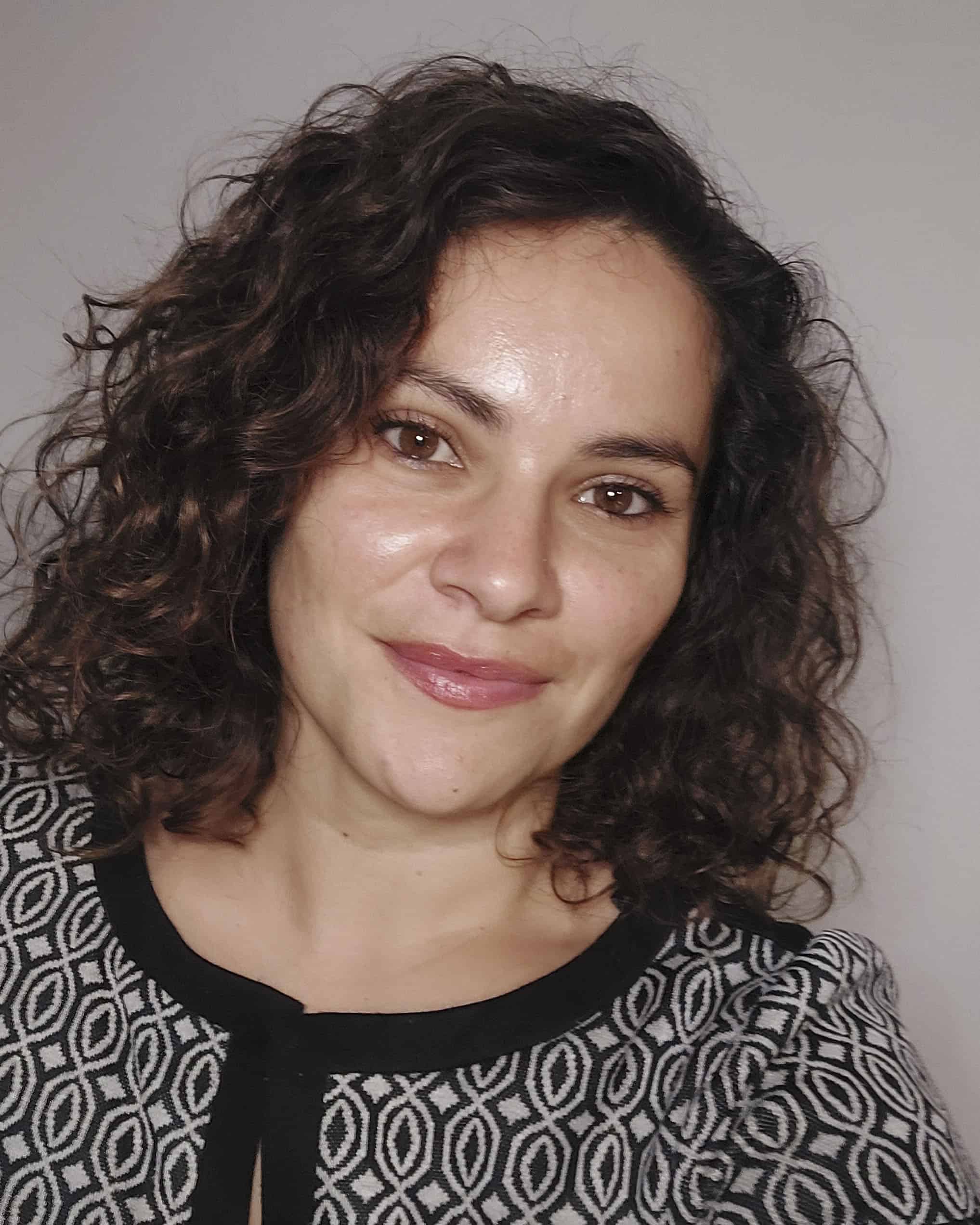
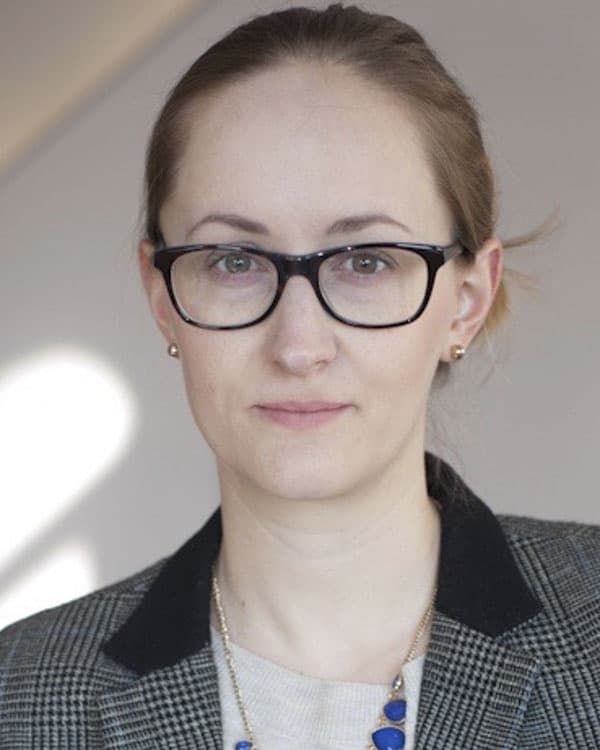
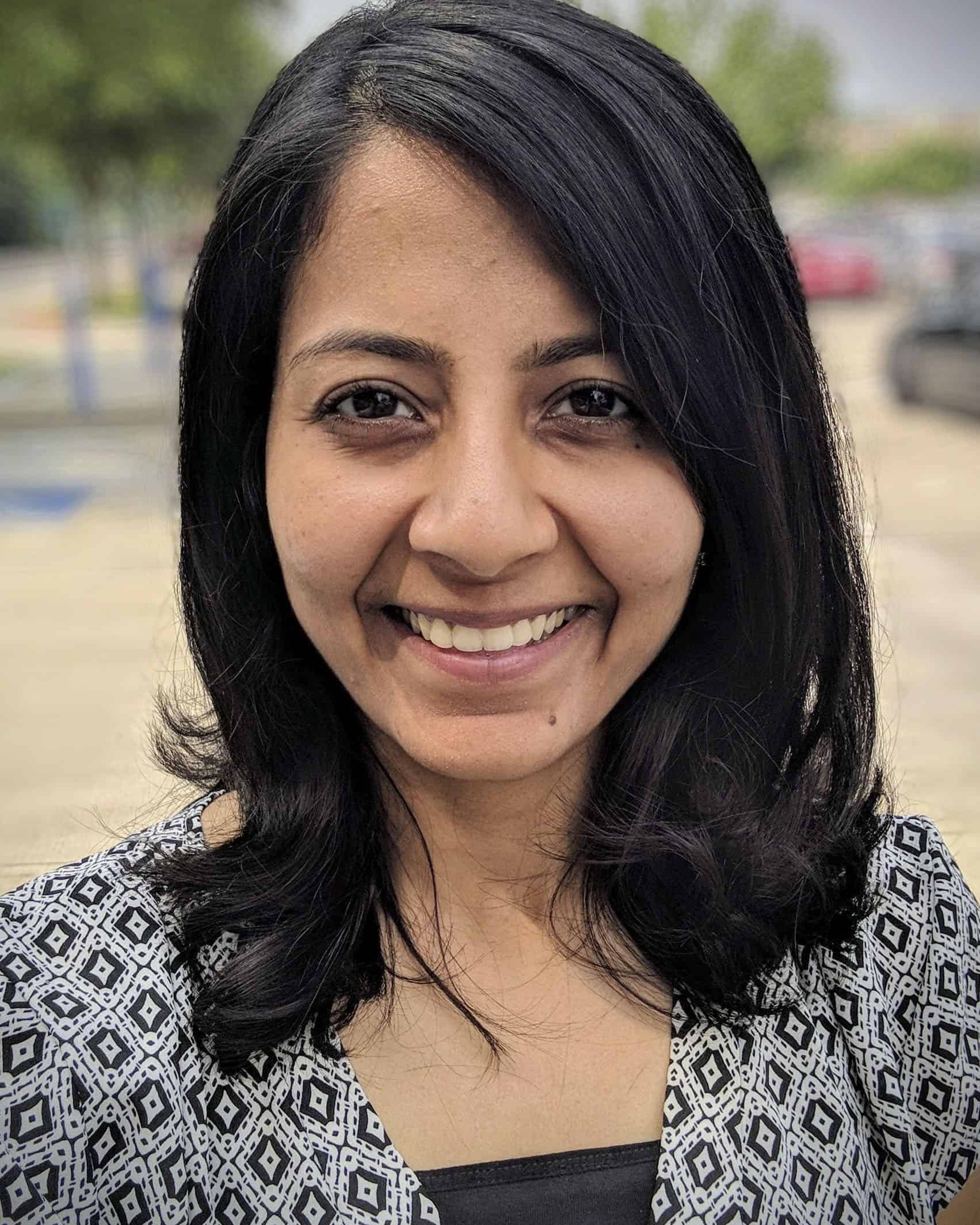
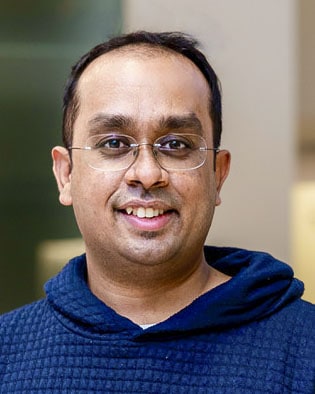
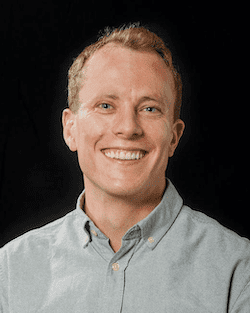
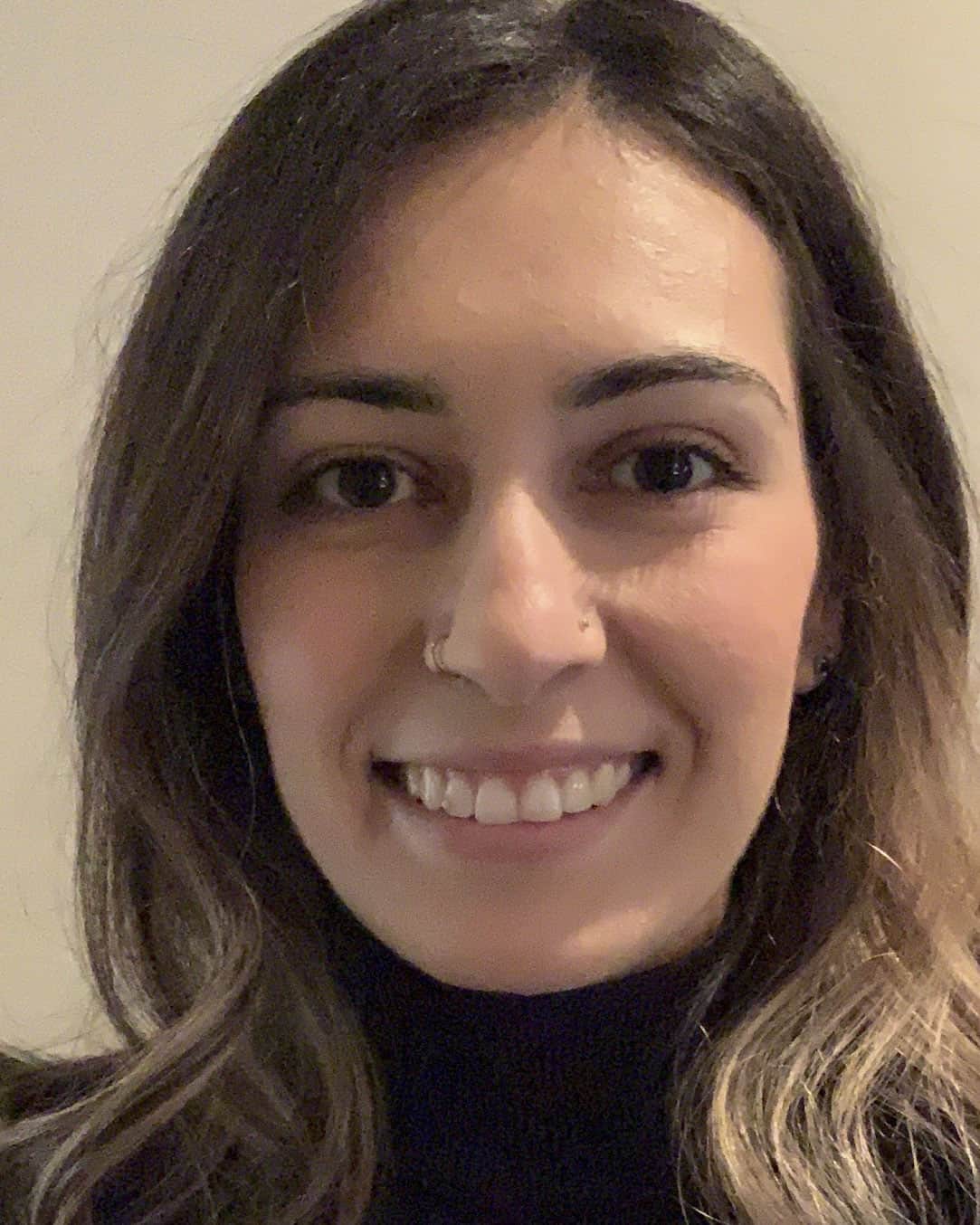
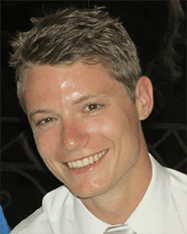
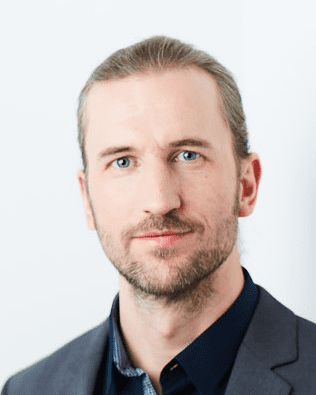
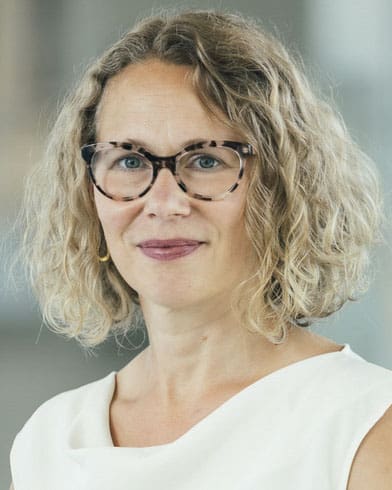
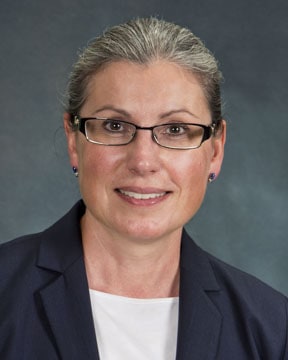
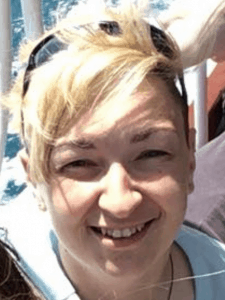 Stacey Aston
Stacey Aston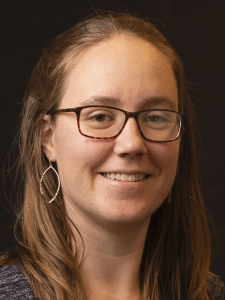 Kathryn Bonnen (Chair)
Kathryn Bonnen (Chair)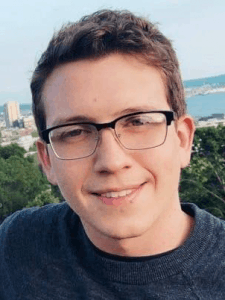 Matthew Boring (Record Keeper)
Matthew Boring (Record Keeper)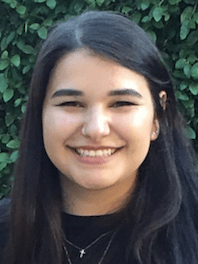 Cristina Ceja
Cristina Ceja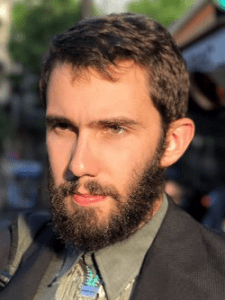 Björn Jörges
Björn Jörges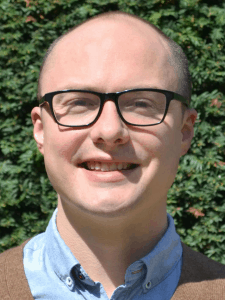 J. Brendan Ritchie (VSS Liaison)
J. Brendan Ritchie (VSS Liaison)